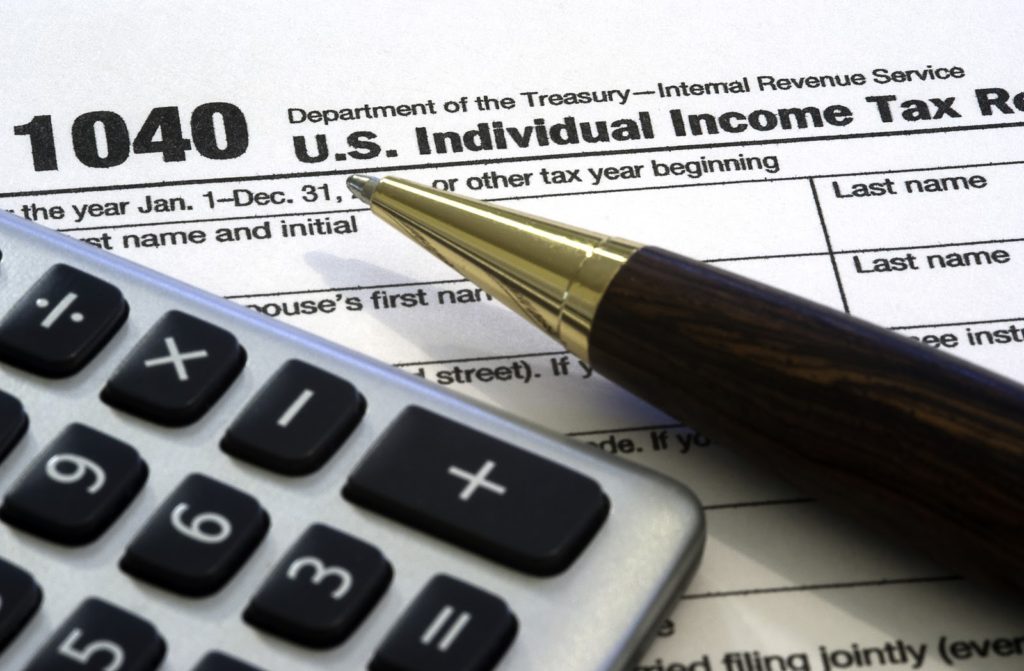Do I Still Have Time to File my Taxes in 2017?
Do you still have time to file IRS and California taxes in 2017? Want to find out if you still have time to file during the 2017 tax filing season? Learn more from CPAs in Roseville.
The 2017 tax filing season is here. Most taxpayers have already thought about their annual tax obligations, however, at least some taxpayers may have forgotten to consider their taxes or figured that they would simply file their 2016 taxes at the last moment. Unfortunately, still other taxpayers may have decided that they would not file their taxes at all.
Becoming a tax non-filer is, quite simply, never a good idea. Whatever your reasons for avoiding taxes, putting them off or ignoring their existence will not make any actual or perceived problems better. Rather, a lack of diligence regarding taxes will typically only make the consequences of tax mistakes worse or create new grounds for fines, penalties, and interest. The accountants of the Cook CPA Group can work to ensure that you achieve or maintain compliance with all tax obligations.
When is the 2017 Tax Filing Deadline?
During the 2017 tax filing season, taxpayers will file their 2016 tax return. Most taxpayers will have both a federal and state income tax filing obligation because the income thresholds that trigger the obligation are modest. However, even if a taxpayer does not earn enough money to have an obligation to file taxes, he or she may still have good reasons to file a tax return. For one, the only way a taxpayer can claim their tax refund is to file taxes. Therefore, taxpayers who do not file taxes or fail to file taxes can forfeit any tax refund they would otherwise be entitled to receive.
Most individuals already know that taxes are due mid-April every year. Some observant taxpayers may even know that taxes are typically and traditionally due on April 15th. However, 2017 is an exception to this general rule. This year the tax filing deadline falls on April 18, 2017. The reason for this slight date adjustment is because, this year, April 15th falls on a Saturday. Ordinarily, Tax Day would be adjusted to the following Monday which is April 17. However, Monday, April 17, 2017, is a Washington D.C. holiday known as Emancipation Day. Therefore, the tax filing deadline gets pushed to the next day on Tuesday, April 18, 2017.
When Do I need to File FBAR and FATCA?
FBAR and FATCA are two separate foreign account reporting obligations. Individuals holding assets in foreign accounts in excess of certain amounts are required to report their accounts by filing FBAR, FATCA, or both. Generally speaking, assets held directly are not counted toward and individual’s filing threshold or reportable. However, once assets are placed in a foreign account they are counted toward foreign asset aggregation. If the taxpayer exceeds the relevant filing threshold, he or she will need to report the account.
In years past, taxpayers had additional time to file FBAR because this report was not due until a couple of months after Tax Day. However, in order to better streamline filing for taxpayers, this deadline has been moved up to fall on the same day as Tax Day. Therefore, both FBAR and FATCA reports are now also due on the same day as you file your taxes. The FBAR obligation can be satisfied by filing FinCEN Form 114 through the Bank Secrecy Act web Portal. If a FATCA obligation exists, the taxpayer can satisfy this obligation by filing IRS Form 8966.

What Happens if I Don’t File Taxes?
If you fail to file taxes, you can face a penalty for a failure to file and a penalty for a failure to pay taxes. Furthermore, taxpayers who have a tax obligation that is due and owing will also face the imposition of additional interest. If the IRS agent believes that your failure to file and pay taxes is part of a larger scheme, you could face additional tax consequences.
If you have failed to report foreign accounts – even by mistake – you can face extremely harsh penalties. Even accidental failures to file FBAR can result in a $10,000 penalty. If the IRS agent views your failure to satisfy this obligation as intentional, even harsher penalties can apply. Penalties for failures to comply with FATCA are also harsh and additional $10,000 penalties can be imposed for continued noncompliance.
Work with a CPA to Maintain Tax and Offshore Account Reporting Compliance
At Cook CPA, we assist individuals and businesses in achieving or maintaining tax compliance. Even if you failed to file taxes, we can help you come back into compliance while minimizing the penalties you face. To discuss whether our services are right for your concerns, please call us at 916-432-2218. Our accounting office is conveniently located in Roseville, California on Douglas Boulevard.

